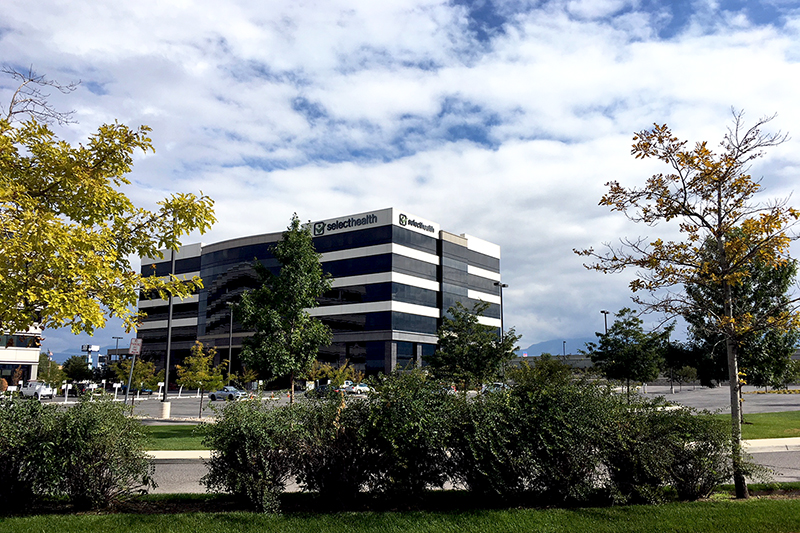Healthy or Just Hype: Is Coffee Good for You?
We’ll filter out the hype and tell you what’s beneficial—or not—about the much-beloved cup of coffee you savor every morning.

Coffee. It fuels much of the world each day and has continued to grow in popularity, as consumption of soda declines. In a survey by the National Coffee Association, more than 64% of Americans in 2018 said yes when asked if they’d had a cup of coffee the previous day. By now, you’ve heard the buzz about coffee’s health benefits. So, is it hype? Here’s what you need to know.
From longer lifespans to reduced risk for certain diseases, here’s the good news:
Coffee may lower risk of type 2 diabetes
Studies at UCLA and the Harvard School of Public Health showed positive results for coffee drinkers, including an inverse association between coffee consumption and the risk for type 2 diabetes, and a lower risk for those who increase their consumption by one cup per day over four years versus those who did not change their intake.
Coffee may reduce your risk for heart failure, stroke, and coronary artery disease
In 2017, the American Heart Association presented research showing that every extra cup of coffee consumed per day reduced these conditions by 8%, 7%, and 5%, respectively (up to six cups per day).
Coffee could lengthen your life
Drinking coffee is linked to a lower risk of death, say researchers from the International Agency for Research on Cancer and Imperial College London. This one comes with a caveat, however: The study focused on healthy people older than age 35 from ten European countries, and researchers excluded people who had diabetes, heart attacks, or strokes—so it could be that the people studied were healthier in general.
Coffee may protect against disease and even some cancers
Both Harvard Health and Mayo Clinic cite studies that show coffee drinkers may enjoy protection against Parkinson’s disease, uterine and liver cancer, and other health benefits.
Like anything else, your favorite roasted beans should be consumed in moderation. Here are the possible health risks associated with drinking coffee:
Coffee may be associated with certain types of cancer
Older studies, which have since been refuted, do suggest a potential link between coffee consumption and bladder or pancreas cancer. The World Health Organization has also warned against drinking beverages at temperatures higher than 149°, which can raise the risk of esophageal cancer. This temp is unusually high for a cup of coffee.
Too much caffeine may not be good for your heart
Whether you love coffee or soda, drinking a lot of caffeine can elevate your heart rate and blood pressure, which may not be good for the ol’ ticker.
Side effects may not be worth it
For some, coffee can cause heartburn or frequent trips to the restroom. It can also make you jittery and make it tough to fall asleep at night, so you may want to cut yourself off by lunch.
The long and short of it—or venti and tall, if you’re a Starbucks devotee—is this: Decades of research have shown some promising results for coffee lovers. If you avoid the sugary and calorie-laden drinks, you are likely getting some health benefits from your beloved morning ritual.
But if you don’t enjoy coffee already, it’s probably not worth diving headfirst into a latte. Coffee lovers will tell you, however, that you’re really missing out on a cherished flavor profile, and there’s nothing like a cappuccino to accompany dessert. Maybe you can purchase a coffee-scented candle and savor the aroma?
Note: Coffee comes with a lot of negative effects for kids—read more here.
Select Health may link to other websites for your convenience. Select Health does not expressly or implicitly recommend or endorse the views, opinions, specific services, or products referenced at other websites linked to the Select Health site, unless explicitly stated.
The content presented here is for your information only. It is not a substitute for professional medical advice, and it should not be used to diagnose or treat a health problem or disease. Please consult your healthcare provider if you have any questions or concerns.






